Pico and the neighbouring islands of Sao Jorge, Faial form the Ilhas Triangulo – a triangle of islands which are both geographically and culturally close.
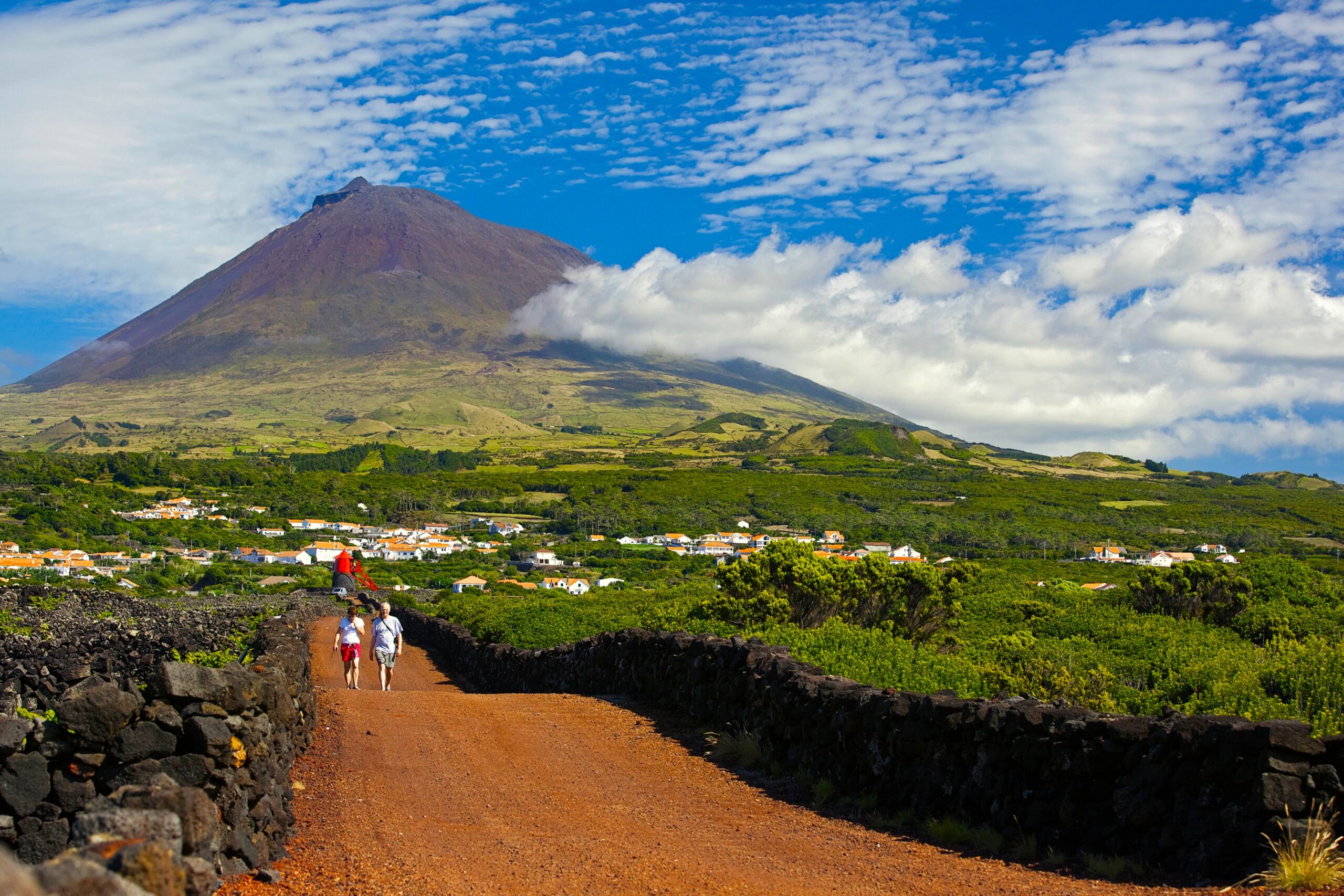 Pico was first settled around 1460 under the leadership of Flemish nobleman and émigré Josse van Huerter. The Hundred Years War was wreaking on his native Flanders, and Huerter encouraged many of his fellow countrymen to follow in his footsteps, creating settlements under the patronage of the Portuguese crown on the islands of Faial, Sao Jorge and Pico.
Pico was first settled around 1460 under the leadership of Flemish nobleman and émigré Josse van Huerter. The Hundred Years War was wreaking on his native Flanders, and Huerter encouraged many of his fellow countrymen to follow in his footsteps, creating settlements under the patronage of the Portuguese crown on the islands of Faial, Sao Jorge and Pico.
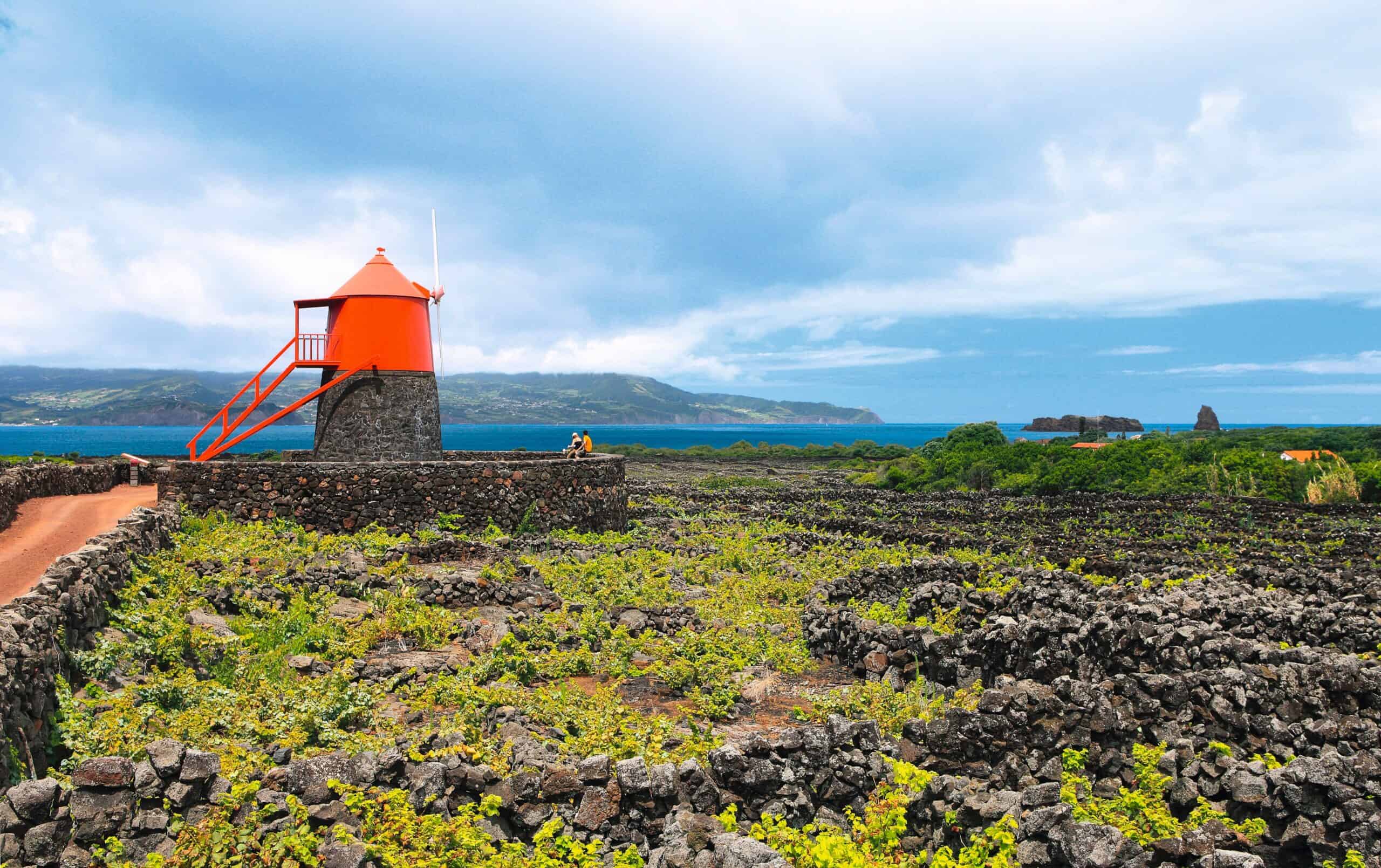 It was Flemish technological know-how which built the windmills you’ll see dotted around the island, and the distinctive Currais walled plots which characterise the island’s vineyards. The best examples are at Criacao Velha, where a once-barren lava field was gradually cultivated into the fascinating, geometric vineyards we see today – a process which began with the arrival of the first settlers in the 15th century. Although the first town was established at Lajes, Madalena quickly became the import & export hub for the island, thanks to its proximity to the vineyards – and to the ‘international’ harbour across the channel in Horta.
It was Flemish technological know-how which built the windmills you’ll see dotted around the island, and the distinctive Currais walled plots which characterise the island’s vineyards. The best examples are at Criacao Velha, where a once-barren lava field was gradually cultivated into the fascinating, geometric vineyards we see today – a process which began with the arrival of the first settlers in the 15th century. Although the first town was established at Lajes, Madalena quickly became the import & export hub for the island, thanks to its proximity to the vineyards – and to the ‘international’ harbour across the channel in Horta.
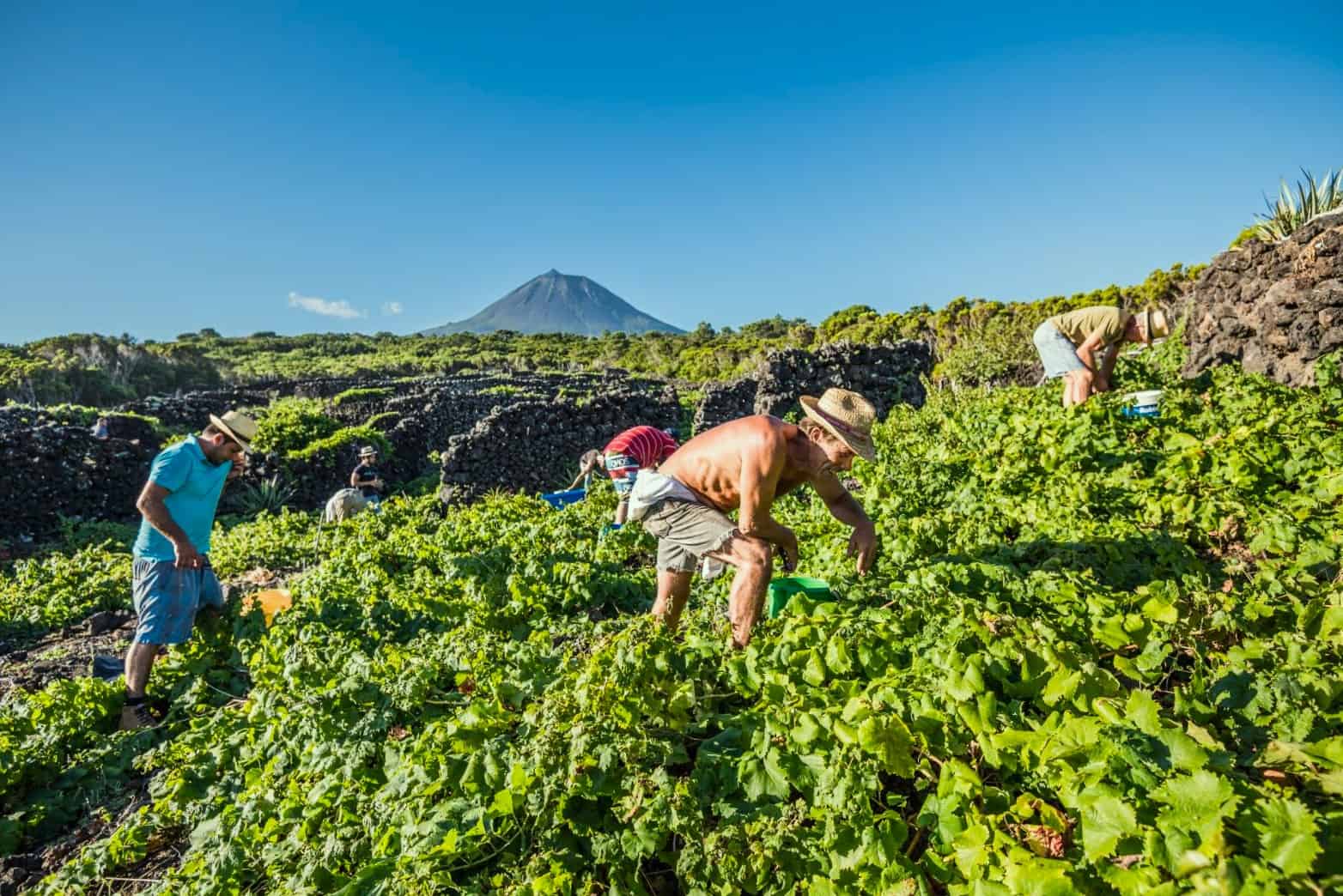 Away from the vineyards, the island’s most visually striking natural monument is the Montanha do Pico: an immense 2351m stratovolcano and a popular challenge for hikers from across Europe. Pico’s an island of fascinating volcanic landscapes: the volcanic coastline at Arcos do Cachorro, the lava flows form the 18th century eruption at Misterio da Silveira, and the twin cave systems at Frei Matias and Gruta das Torres. Formed just 1500 years ago, the total length of the Torres cave system is still not 100% confirmed but it’s thought to be in the region of 5km.
Away from the vineyards, the island’s most visually striking natural monument is the Montanha do Pico: an immense 2351m stratovolcano and a popular challenge for hikers from across Europe. Pico’s an island of fascinating volcanic landscapes: the volcanic coastline at Arcos do Cachorro, the lava flows form the 18th century eruption at Misterio da Silveira, and the twin cave systems at Frei Matias and Gruta das Torres. Formed just 1500 years ago, the total length of the Torres cave system is still not 100% confirmed but it’s thought to be in the region of 5km.
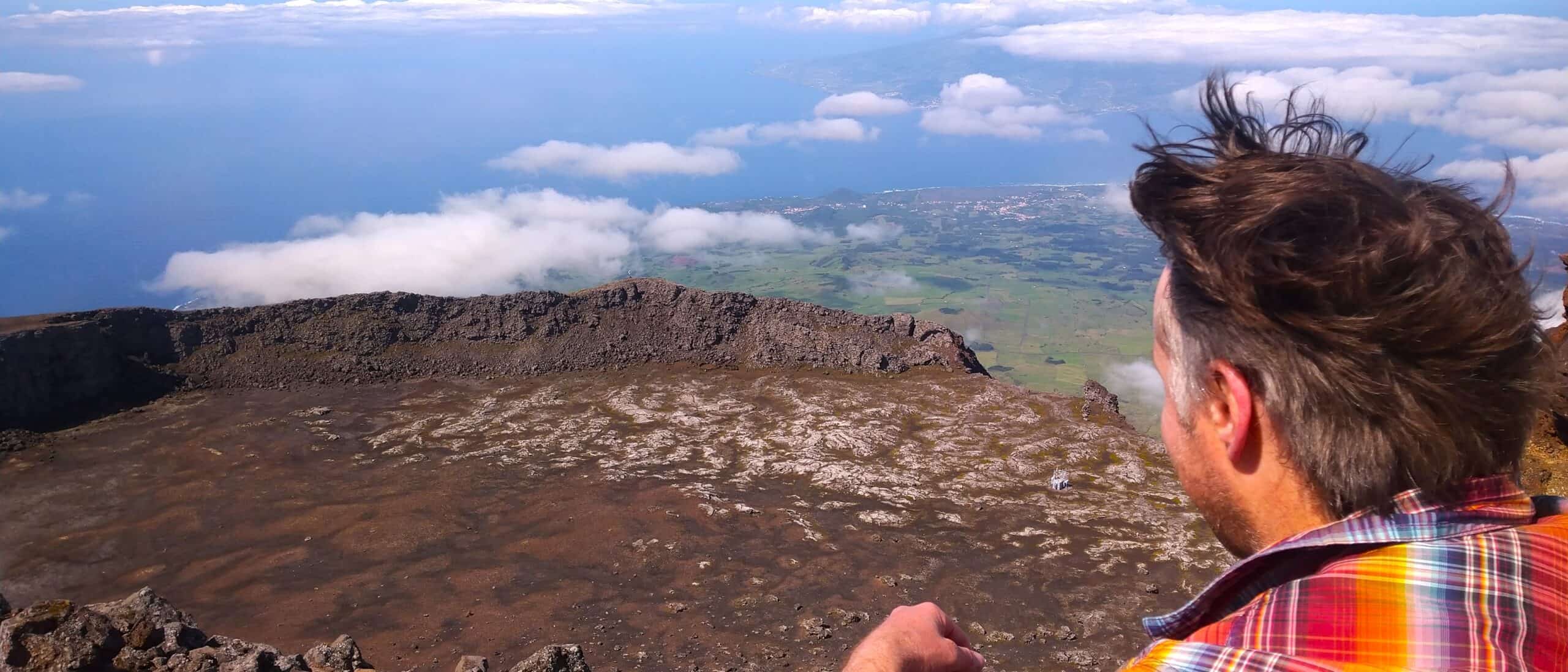 Pico is also the spiritual home of Azorean whale watching. When whale hunting ended in the late eighties, French naturalist Serge Viallelle saw a new future for island’s whale spotters. Combining their skills and experience with his own passion for marine conservation, he demonstrated that whale tourism, rather than whale hunting, was the sustainable way forwards. Sadly, Serge is no longer with us, but his Espaco Talassa crew in Lajes are helping to support cetacean studies and conservation in the North Atlantic.
Pico is also the spiritual home of Azorean whale watching. When whale hunting ended in the late eighties, French naturalist Serge Viallelle saw a new future for island’s whale spotters. Combining their skills and experience with his own passion for marine conservation, he demonstrated that whale tourism, rather than whale hunting, was the sustainable way forwards. Sadly, Serge is no longer with us, but his Espaco Talassa crew in Lajes are helping to support cetacean studies and conservation in the North Atlantic.
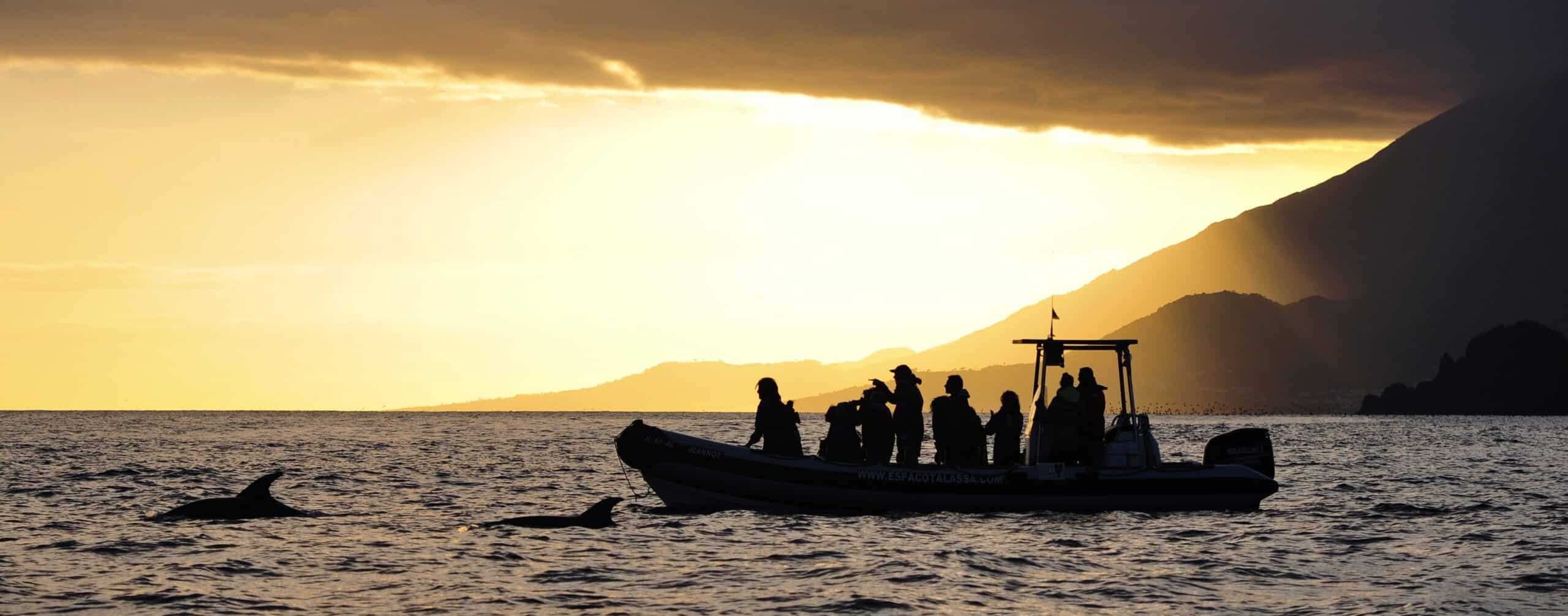


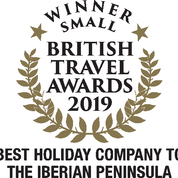






Follow us online